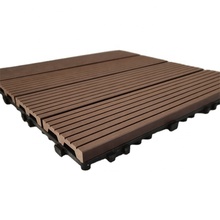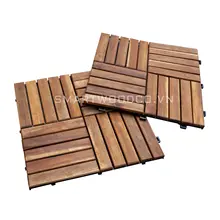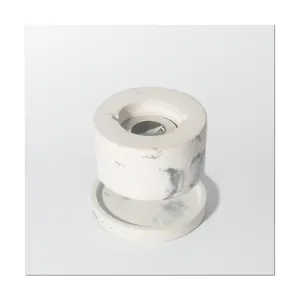An ethanol fireplace is a fireplace or furnace that generates heat by burning clean bio-ethanol fuel. Bio-ethanol fuel is made from plant extracts. The bioethanol fireplace does not need a chimney and it gives off a real flame. Most tabletop indoor fireplaces are portable and easy to install in different parts of a home. They neither need a chimney nor a vent to expel dangerous gases.
Is An Ethanol Fireplace Worth Buying?
Yes. Indoor ethanol fireplaces have beautiful designs and simple construction. They are easy to install and they seldom need any reconstruction or pipe connection. Alcohol fireplaces may be placed on a table in the center of a room, and they run on the fuel you pour into them. The wall-mounted and table-top biofuel fireplaces require little or no assembly, while the free-standing models can be assembled in 20 minutes or less. Wall-mounted ethanol fireplaces are not limited to home use. They may be installed in bars, hotels, and restaurants. Free-standing fireplaces may be moved to any part of the room or placed outdoors, and some come with wheels that aid movement.
How Do You Select Ethanol Fireplaces?
Choose an ethanol tabletop fireplace that is suitable for the location and mode of usage. A free-standing or table-top fireplace will be ideal for use indoors and outdoors while a hanging fireplace will be more useful in a stationary place within the home. When searching for a reliable ethanol burner, look for a solid construction, preferably a furnace made of stainless steel. Ensure that the product has safety accessories like a glass cover to protect little kids and pets. Check for dedicated fuel filling points and safety instructions or warnings. Examine the fireplace burner; it should be easy to close and open to start or quench the fire.
Are Ethanol Fireplaces Safe for Your Health?
Using ethanol fireplace fuel allows for better air quality than gas or wood fireplaces. Burning ethanol fuel creates steam, carbon dioxide, and water. But the volume of carbon dioxide produced by bio-ethanol combustion is far less than what is produced by burning wood, chips, or gas.











































 浙公网安备 33010002000092号
浙公网安备 33010002000092号 浙B2-20120091-4
浙B2-20120091-4